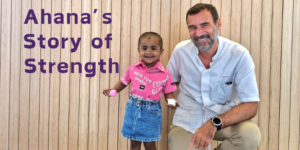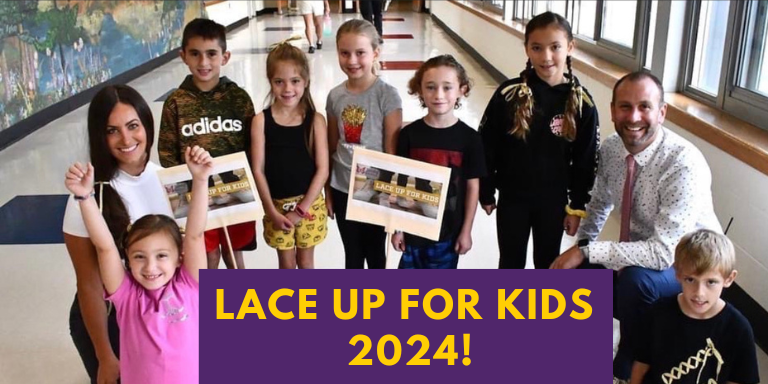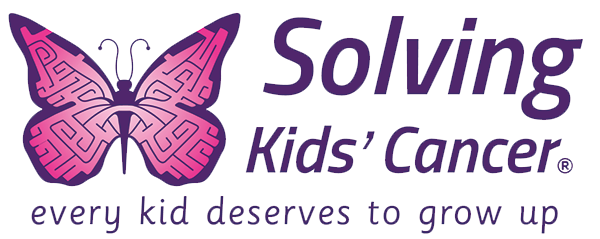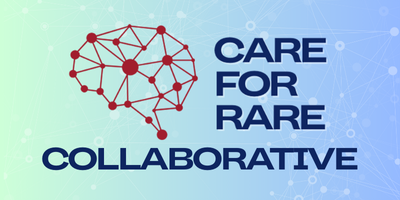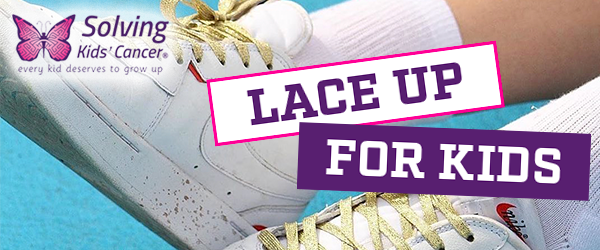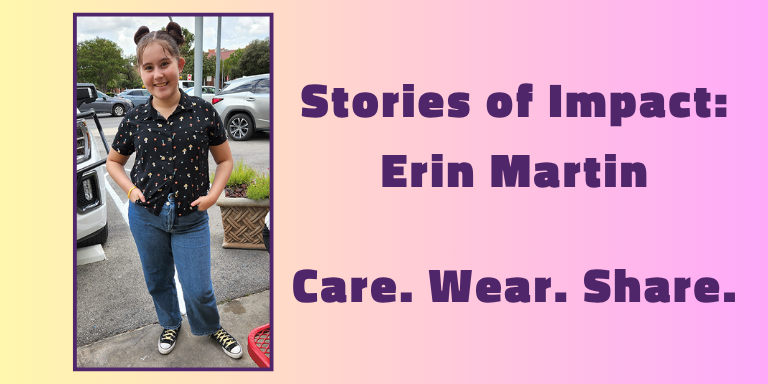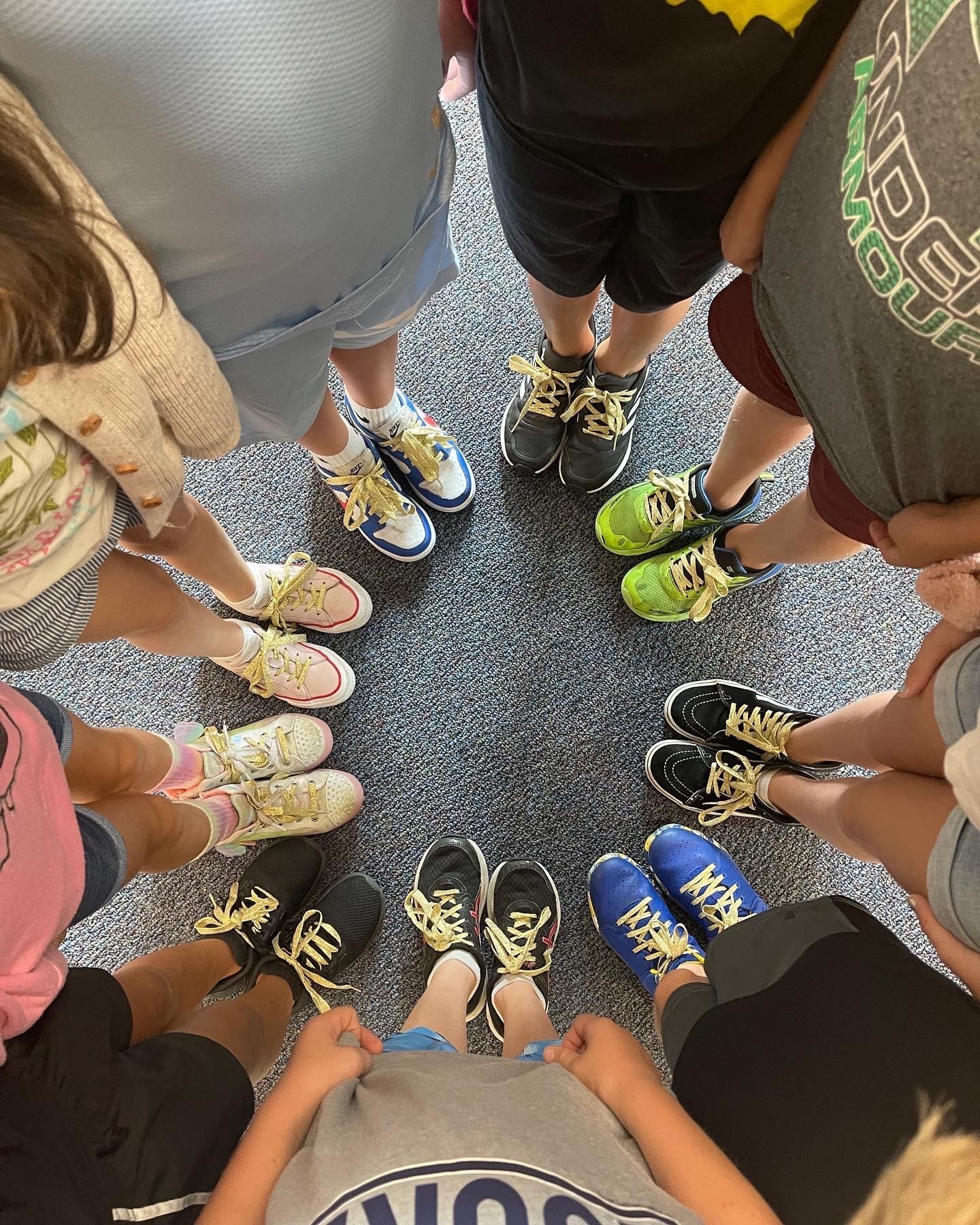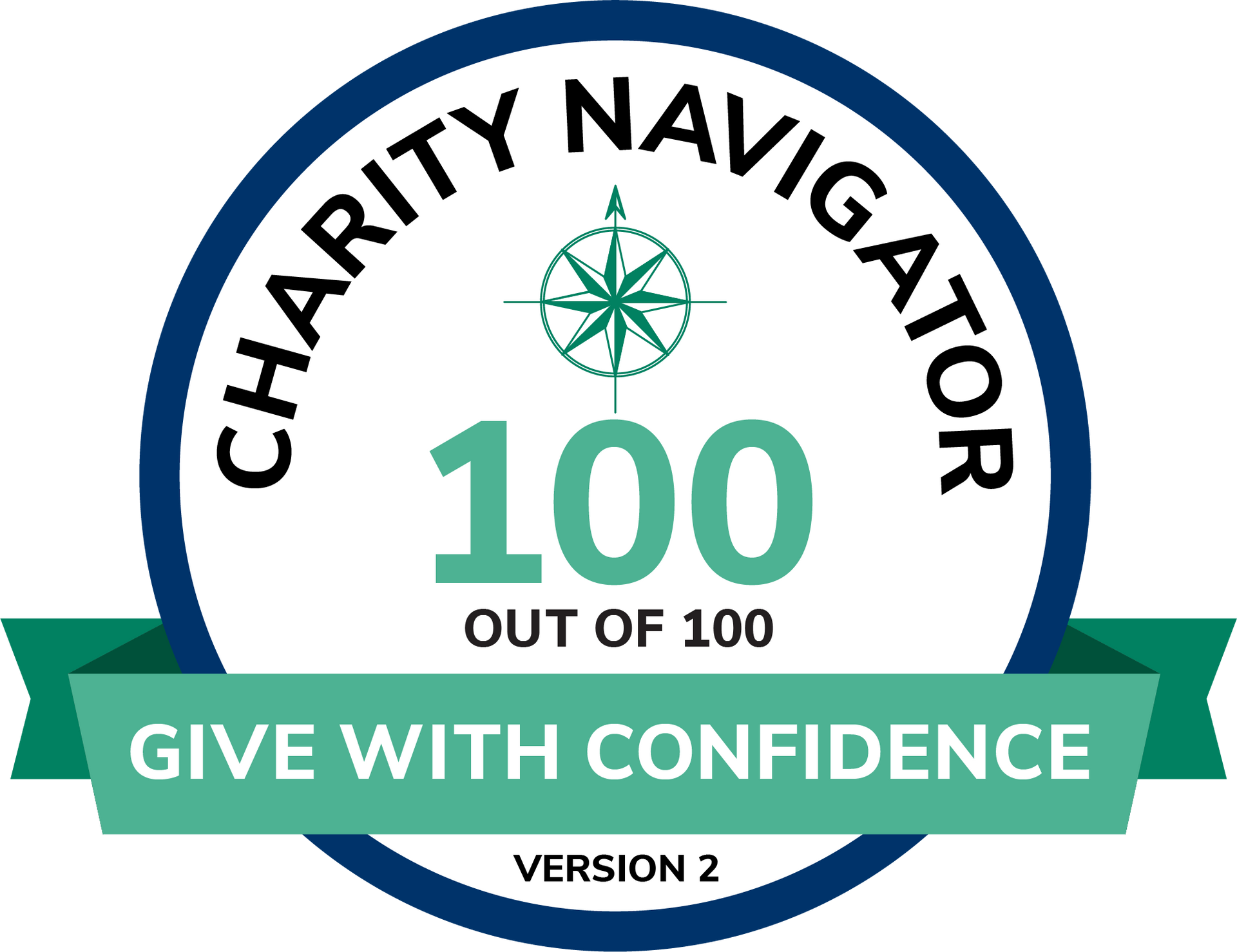Jacob’s Journey: A Childhood Cancer Survivor’s Story
Every battle has its heroes, and among the bravest are young children like Jacob Mozer, who faced stage 4 high-risk neuroblastoma when he was barely old enough to walk. Diagnosed at only 16 months old, Jacob’s early years were filled with constant medical appointments and intense treatments. Despite these challenges, today, Jacob is a shining example of the remarkable progress in pediatric oncology. He’s not merely surviving; he’s thriving as a pharmacy resident, driven to give back to the medical community that gave him a second chance at life.
During National Cancer Survivors Month this June, we honor and celebrate fighters like Jacob who have battled cancer and emerged stronger. This month also serves to amplify the conversation about pediatric cancer survivorship and push for vital research that continues to save lives. Solving Kids’ Cancer (SKC) plays an essential role in this effort, supporting children like Jacob by funding crucial clinical trials that enhance survival rates and improve the quality of life for those fighting fatal childhood cancers.
Jacob’s Journey: Early Diagnosis and Treatment
Jacob’s journey began with a sudden and alarming diagnosis of stage 4 high-risk neuroblastoma that plunged his family into uncertainty. “May 12, 1998, was the day my family’s life changed forever,” his father, Dr. Mark Mozer, recalled.1 The early symptoms were subtle and easily mistaken for common childhood issues — occasional vomiting and fussiness attributed to teething. Unfortunately, the truth was that it was a life-threatening tumor that demanded an immediate and aggressive treatment plan.
The first year was an ordeal filled with chemotherapy, stem-cell transplants, major surgeries, and groundbreaking therapies like monoclonal antibody treatment. “The oncologist told us that we were in for a long, difficult year … It was Jacob’s only chance,” said Dr. Mozer. Each phase of treatment brought its own set of challenges and risks. Still, Jacob’s parents fought tirelessly to secure the best care possible, turning their home into a command center for medical research and advocacy. This time tested their determination and strengthened their commitment to their son’s survival and health.
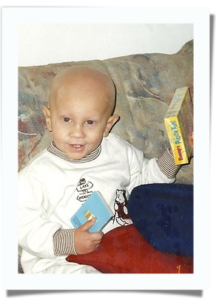
The Importance of Family and Medical Support
The support of Jacob’s family was instrumental in navigating his early years of treatment. With a father who is a pediatrician and a mother who is a pharmacist, Jacob had the advantage of caregivers who could navigate the complex medical landscape more effectively than most. Dr. Mozer described their home environment as a hub of constant learning and advocacy: “Our dining room turned into a study hall, piled high with folders and papers.” They engaged directly with research and treatments, advocating for Jacob every step of the way, which was crucial in managing the intensive and often overwhelming treatment regimen prescribed to him.
Inspired by his medical journey and the caring example set by his parents, Jacob decided to become a pharmacist. As a pharmacy resident, he focuses on each patient’s needs, drawing on his experiences as a childhood cancer survivor to provide thoughtful and understanding care. “My time as a patient gives me a special understanding of what they go through. I know the worries about medications and how they affect daily life. So, I take my role seriously, always considering what’s best for the patient,” shared Jacob.
The Role and Impact of Clinical Trials
Clinical trials are crucial for developing new and more effective cancer treatments. Jacob’s involvement in a clinical trial at Sloan Kettering, where he received pioneering monoclonal antibody therapy, was a critical turning point in his cancer journey.
“I was fortunate to be part of one of the early clinical trial groups. It was available back then, and I responded well to the treatments,” said Jacob. Access to this advanced medicine was a lifeline for Jacob and offered hope to many other children with similar diagnoses.
Solving Kids’ Cancer (SKC) is instrumental in this field by actively finding, funding, and advocating for clinical trials focused on the most challenging pediatric cancers. Their efforts are crucial in pushing forward promising treatments such as:
- Lorlatinib: A targeted therapy drug that addresses specific genetic abnormalities in cancer, offering a more personalized treatment approach.
- International Consensus Protocol: This initiative aims to standardize treatment for ETMR (Embryonal Tumor with Multilayered Rosettes) cancer through international collaboration, enhancing the effectiveness and consistency of clinical trials across borders.
- Minivan Trial: A study investigating the efficacy of combination therapies, which involves using multiple therapeutic approaches simultaneously to enhance treatment effectiveness.
Through these targeted trials, SKC not only boosts survival rates but also significantly impacts the quality of life for children battling cancer, demonstrating the power and necessity of specialized research in saving young lives.
Challenges of Pediatric Cancer Survivorship
Surviving cancer is just the beginning of a lifelong journey filled with unique challenges. For Jacob, this transition included regular visits to the survivorship clinic — sessions he didn’t look forward to. “As a kid, you dread those visits because you hate blood draws, you hate needles, and the hospital was full of those,” Jacob recalled. Though uncomfortable, these check-ups are vital for managing the long-term effects of cancer treatment, showing the need for continued medical support even after beating cancer.
Jacob’s battle with cancer left him with some long-term challenges, including hearing loss and dental issues that required multiple surgeries and treatments. However, Jacob learned how to cope with these difficulties over time. He adapted by using closed captioning for watching TV, reading lips to enhance understanding during conversations, and choosing not to use hearing aids despite the difficulties posed by his partial hearing loss.
“I found ways to live with it,” Jacob said, reflecting on his decision to forego hearing aids during his more self-conscious teenage years and his efforts to maintain normalcy. Many survivors like Jacob learn to become resilient as they navigate the complexities of life after cancer.
Late Effects of Childhood Cancer
As with Jacob, the long-term effects of childhood cancer treatments can deeply impact survivors throughout their lives. Research shows that over 95% of those who survive childhood cancer will face significant health challenges by the time they reach 45 years old.2 These findings show the importance of ongoing research to cure cancer and reduce the lasting side effects of treatments.
Common late effects from childhood cancer treatment3 can include:
- Growth and Development: Issues that can affect a survivor’s physical growth and overall development.
- Organ Function: Potential long-term damage to organs that may affect their function.
- Reproductive Health: Effects that might impact a survivor’s ability to have children and the health of those children.
- Secondary Cancers: The risk of developing other forms of cancer later in life.
- Psychosocial Trauma: Emotional and mental health challenges stemming from the cancer experience.
Understanding these challenges is crucial for providing survivors with the proper support and medical care as they age. Beating cancer is just one part of the journey. Ensuring a good quality of life post-treatment requires continued medical follow-up and support services to help manage these complex issues.
Encouragement and Advice for Survivors
Reflecting on his journey, Jacob offers a message of resilience and hope to other cancer childhood cancer survivors like him. “Learn to accept your situation and adjust your mindset accordingly,” he advised. “Don’t let your condition make you feel lesser.”
Jacob also suggested practical ways to make everyday life easier, like using technology to help with physical challenges. For instance, he uses closed captioning on TV to help with his hearing difficulties and finds other minor adaptations to maintain a routine. These tips show how survivors can take control of their lives despite their conditions.
When asked why he chose his career in pharmacy, Jacob said, “I was always amazed by how medicine can make you feel better. It felt like magic to me.” This fascination led him to a career where he could help others, showing how personal challenges can lead to finding your passion.
Championing Change through Research Advocacy
Jacob stressed the importance of advocacy and giving back, which has been central to how his family copes and supports others. “We’ve been deeply involved in advocacy throughout my life,” Jacob said, sharing how their struggles inspire them to help others facing similar challenges. He highlighted a significant funding issue: Cancer is the number one cause of death by disease among children, but “only 4% of federal funding for cancer goes to childhood cancer.”4 Jacob believes funding needs to be more fairly allocated.
He also advocates for developing more drugs for rare childhood diseases, which often don’t attract enough financial interest from pharmaceutical companies. “It’s tough to get new treatments developed for rare diseases because there isn’t enough profit for the companies,” he explained. This shortfall shows the need for changes in the healthcare system that put patients’ needs before profit. Jacob and his family are committed to creating a healthcare system that treats its youngest patients with compassion and fairness. “If we can prevent this for anybody else, we want to be part of that effort,” he added.
Building a Brighter Future for Childhood Cancer Survivors
As we mark National Cancer Survivor Month, we reflect on the inspiring journey of survivors like Jacob, whose battle with stage 4 neuroblastoma showcases the critical advancements in pediatric oncology. From enduring intense treatments to becoming a proactive advocate and pharmacy resident, Jacob’s story embodies the transformative impact of dedicated medical research and patient support.
Your contribution can drive this crucial work forward. By donating to Solving Kids’ Cancer, you’re supporting pivotal clinical trials and research that save lives and improve the quality of life for children battling cancer. Invest in a future where young survivors like Jacob can thrive and lead the way for others — because every kid deserves to grow up.
Source:
1 Blue Springs Teen Wins Volunteer Award – https://www.kmzu.com/news/local/blue-springs-teen-wins-volunteer-award/article_da74dc20-035e-5f8b-a90e-5bdf0c73904f.html
2 Clinical Care for People Who Survive Childhood Cancer: A Review – https://jamanetwork.com/journals/jama/article-abstract/2809804
3 Late Effects of Treatment for Childhood Cancer (PDQ®) – Health Professional Version – https://www.cancer.gov/types/childhood-cancers/late-effects-hp-pdq
